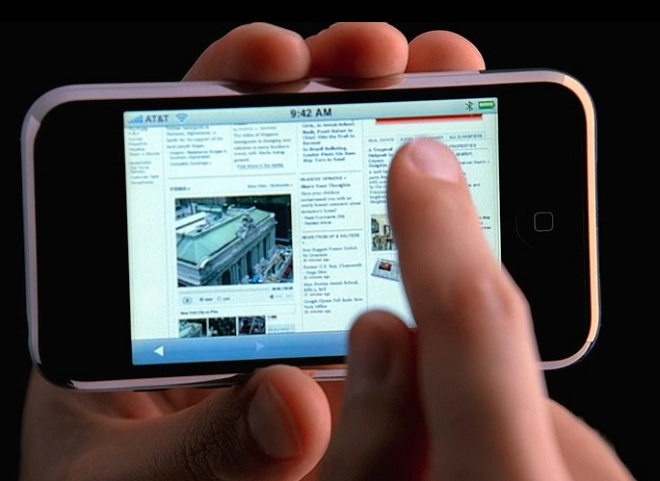The European Union may enact policy that could force Apple to let web technologies like Flash on its iOS devices like the iPhone, iPod Touch and iPad. You just know Steve Jobs is gnashing his teeth over this.
The Digital Agenda tackles multiple issues but one particular change may have a major impact on Apple iOS devices. The group wants to change the language about what companies can be targeted about regarding anti-competitive issues. It wants to insert “significant” instead of “dominant” in the following passage:
Since not all pervasive technologies are based on standards the benefits of interoperability risk being lost in such areas. The Commission will examine the feasibility of measures that could lead significant market players to license interoperability information while at the same time promoting innovation and competition.
This could potentially force Apple to allow Adobe Flash on its iPhone, which is definitely a “significant” market player and it would also potentially make Apple allow rivals to use iTunes for syncing other types of devices. This wouldn’t be the first time the EU has laid the smack down on an American tech company, as it forced Microsoft to have a browser ballot on its Windows products and it’s taking a hard look at Google over its collecting of WiFi data.
If you don’t recall, Apple doesn’t want Adobe Flash on its iPhone or iOS products because the company says it’s a resource drain, is proprietary and it hasn’t been optimized for touch. Adobe counters that many of the performance problems can be addressed with hardware acceleration if Apple would play nice and that developers would hone Flash content for touch input if it were available on more mobile devices.
Adobe Flash is quickly coming to other major smartphone platforms, as the Android version should be hitting the mainstream in a few short weeks. BlackBerry, Symbian and webOS versions are also expected in the not-too-distant future.
[Via DailyTech]

